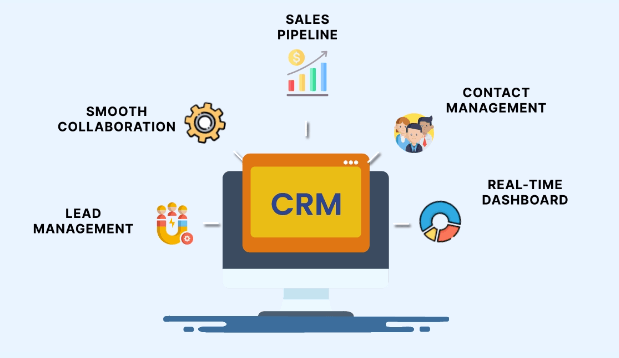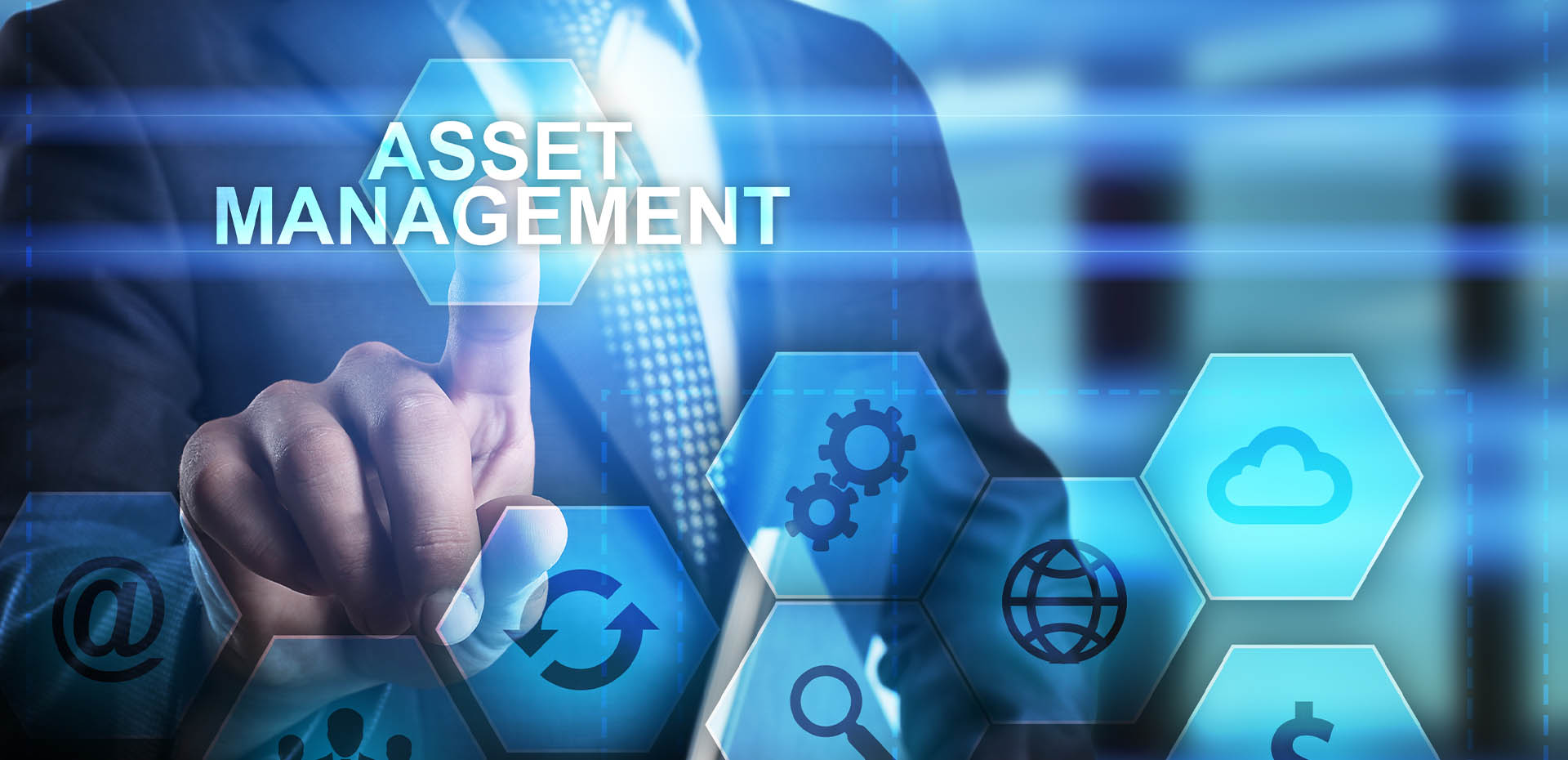
STREAMLINING HOTEL REVENUE MANAGEMENT WITH CRM SOFTWARE
Introduction
Customer Relationship Management (CRM) software has revolutionized the way businesses interact with their clients and manage their operations. In the hospitality industry, specifically in hotels, the implementation of CRM software can significantly impact revenue management strategies and overall business success. This article explores how CRM software enhances hotel revenue management and how it can help hoteliers stay competitive in a fast-evolving market.
Understanding CRM Software
CRM software is a powerful tool designed to centralize and streamline customer information and interactions across various channels. It enables hotels to gather valuable data about their guests, track preferences, analyze patterns, and optimize customer relationships. The software offers a comprehensive platform to manage guest communications, reservations, feedback, and loyalty programs efficiently.
Enhancing Guest Experience
One of the key aspects of hotel revenue management is providing exceptional guest experiences. A CRM system helps hotels maintain a holistic view of each guest by collecting data from different touchpoints, such as booking history, communication preferences, and feedback. By understanding individual preferences, hotels can personalize services, anticipate guest needs, and enhance guest satisfaction, leading to positive reviews and increased customer loyalty.
Effective Customer Segmentation
CRM software allows hotels to segment their customer base effectively. By categorizing guests based on demographics, booking patterns, spending behaviors, and preferences, hoteliers can target specific groups with tailored marketing campaigns. Such personalized approaches result in higher conversion rates, increased bookings, and better cross-selling opportunities. Moreover, targeted marketing also reduces customer acquisition costs, leading to improved revenue and profitability.
Optimizing Pricing Strategies
An integral part of revenue management in hotels is setting the right prices for rooms, amenities, and services. CRM software helps hotels analyze historical booking data and market trends to determine demand patterns and seasonal fluctuations. Armed with these insights, hotel revenue managers can adjust pricing in real-time, offering competitive rates during low-demand periods to attract bookings and optimizing prices during peak seasons to maximize revenue.
Forecasting and Demand Management
Predictive analytics within CRM software allows hoteliers to forecast future demand accurately. By analyzing historical data and considering external factors like events, holidays, and local trends, hotels can anticipate occupancy levels and adjust inventory and pricing accordingly. This proactive approach minimizes the risk of overbooking or underselling, ensuring optimal utilization of hotel resources and maximizing revenue potential.
Streamlined Inventory and Distribution Management
CRM software provides a centralized platform for managing room inventory and distribution channels. Integration with online travel agencies (OTAs) and global distribution systems (GDS) enables hotels to update room availability and rates in real-time across various booking platforms. This automated process reduces the risk of double-bookings and ensures consistent pricing, thereby improving efficiency and revenue potential.
Increasing Customer Loyalty and Repeat Bookings
A loyal customer base is essential for any successful hotel. CRM software plays a crucial role in nurturing customer loyalty by capturing guest preferences, analyzing their behavior, and rewarding them through loyalty programs. Tailored promotions and special offers can be sent to loyal customers, encouraging repeat bookings and increasing the lifetime value of guests.
Conclusion
In conclusion, CRM software is a game-changer for hotel revenue management. By harnessing the power of customer data and predictive analytics, hotels can optimize pricing strategies, enhance guest experiences, and make informed decisions to boost revenue and profitability. Additionally, streamlined inventory management, effective demand forecasting, and targeted marketing campaigns further contribute to a hotel's success in an increasingly competitive industry. Embracing CRM technology is no longer an option but a necessity for hotels looking to stay ahead in the hospitality landscape and ensure long-term growth and success.
by- OARSolution

UNLOCKING THE SECRETS TO EFFECTIVE HOTEL PACKAGES FOR MAXIMIZING REVENUE AND GUEST SATISFACTION
Introduction:
In today's competitive hospitality industry, hotels strive to entice guests with enticing offers and packages that go beyond just a standard room stay. Effective hotel packages are a powerful tool that not only enhances guest experiences but also plays a pivotal role in boosting revenue. In this article, we will explore the key elements that make hotel packages successful and how they contribute to increased hotel revenue.
Tailored Experiences for Diverse Audiences:
The first step in crafting effective hotel packages is to understand your target market. Different guests have unique preferences and interests, and offering tailored packages that cater to various demographics can significantly increase the likelihood of booking. For instance, you might offer a romantic getaway package for couples, an adventure package for thrill-seekers, or a spa retreat package for those seeking relaxation. By presenting personalized experiences, guests feel valued, leading to increased bookings and customer loyalty.
Value-Added Amenities:
Guests are more likely to choose a hotel package if it offers tangible value and additional perks. These may include complimentary meals, spa treatments, guided tours, airport transfers, or tickets to local attractions. The perceived value of the package should be higher than the cost of its individual components. By bundling services and amenities together, hotels can create a sense of exclusivity and cost-effectiveness, making the package more appealing to potential guests.
Seasonal and Special Occasion Packages:
Capitalizing on seasonal events and holidays is an effective way to attract guests during specific periods. For instance, creating a Christmas package with festive-themed decorations and events, or a New Year's Eve package with a gala dinner and fireworks can attract travelers looking for memorable celebrations. Additionally, packages tailored for special occasions like anniversaries, birthdays, or weddings can appeal to guests seeking a unique and memorable experience.
Collaborations and Partnerships:
Partnering with local businesses and attractions can enhance the appeal of hotel packages. For example, teaming up with nearby restaurants, theaters, or adventure parks can create comprehensive packages that offer a taste of the local culture and attractions. These collaborations not only benefit the guests but also create cross-promotional opportunities, expanding the hotel's reach and attracting a broader audience.
Transparent Pricing and Clear Benefits:
Clarity is crucial when presenting hotel packages. Guests should be able to easily understand the package's inclusions, exclusions, and any restrictions. Hidden fees or ambiguous terms can lead to dissatisfaction and negative reviews. Transparent pricing and clear benefits help build trust with guests, encouraging them to choose the package and increasing the likelihood of return visits.
Marketing and Promotions:
To maximize the revenue potential of hotel packages, a well-executed marketing strategy is vital. Utilize various channels such as the hotel website, social media, email newsletters, and online travel agencies (OTAs) to promote your packages. Engaging visuals and compelling storytelling can create an emotional connection with potential guests, motivating them to make a reservation. Moreover, offering limited-time promotions or early booking discounts can create a sense of urgency, encouraging guests to act swiftly.
Conclusion:
In conclusion, effective hotel packages are a win-win proposition. They provide guests with memorable and personalized experiences while simultaneously boosting hotel revenue. By offering tailored experiences, value-added amenities, seasonal packages, and transparent pricing, hotels can entice guests and foster long-term loyalty. Collaborations and strategic marketing efforts further contribute to attracting a wider audience and solidifying the hotel's position in the competitive market. When crafted with creativity and attention to detail, hotel packages become powerful tools in ensuring guest satisfaction and sustainable revenue growth.
by- OARSolution

HOTEL ASSET MANAGEMENT:MAXIMIZING PROFITABILITY AND GUEST SATISFACTION
Introduction
Hotel asset management plays a pivotal role in the success of any hospitality property, from boutique hotels to large-scale luxury resorts. This crucial function involves optimizing the performance of a hotel's physical and intangible assets to achieve both financial goals and superior guest experiences. In this article, we will explore the concept of hotel asset management, its significance, and the key strategies employed by asset managers to ensure a thriving and sustainable business.
Understanding Hotel Asset Management
Hotel asset management is a specialized discipline that focuses on overseeing a hotel's physical assets, financial performance, and overall business strategy. The ultimate aim is to safeguard the owner's investment and maximize profitability while maintaining the property's brand reputation and guest satisfaction. Asset managers act as intermediaries between hotel owners and operators, ensuring that both parties' interests align and that the hotel operates at its full potential.
The Role of Hotel Asset Managers
Hotel asset managers wear multiple hats as they perform a diverse array of tasks to achieve optimal results. Some of their primary roles include:
Financial Analysis: Asset managers assess financial data to track the hotel's performance, identify trends, and make informed decisions related to revenue generation and cost control.
Performance Monitoring: Monitoring key performance indicators (KPIs) allows asset managers to evaluate the hotel's success in meeting established targets, such as occupancy rates, RevPAR (revenue per available room), and GOPPAR (gross operating profit per available room).
Strategic Planning: Developing comprehensive business strategies is crucial for sustained growth and success. Asset managers work closely with hotel operators to formulate plans that align with the owner's objectives and market demands.
Asset Maintenance and Upkeep: Regular property inspections and maintenance checks are essential to preserve the hotel's physical assets, ensuring that guests are provided with a safe and comfortable environment.
Market Analysis: Understanding market dynamics and identifying emerging trends allows asset managers to capitalize on opportunities and stay ahead of the competition.
Contract Negotiation: Asset managers negotiate contracts with hotel operators, vendors, and service providers, ensuring favorable terms and compliance with established standards.
Key Strategies in Hotel Asset Management
Performance Benchmarking: Successful asset managers set clear performance benchmarks by comparing a hotel's financial and operational metrics against industry standards and competitor data. This process helps identify areas that require improvement and opportunities for enhanced revenue generation.
Revenue Management: Implementing effective revenue management practices, such as dynamic pricing, yield management, and demand forecasting, helps optimize room rates and maximize revenue during peak and off-peak periods.
Guest Experience Enhancement: Prioritizing guest satisfaction is paramount in hotel asset management. Asset managers work with hotel operators to identify service gaps and implement guest-centric initiatives that lead to positive reviews and increased loyalty.
Capital Expenditure Planning: Developing a well-thought-out capital expenditure plan is essential for maintaining and upgrading the hotel's physical assets. Asset managers carefully allocate funds for renovations, technology upgrades, and other projects to improve the property's overall value.
Risk Management: Asset managers assess and mitigate potential risks that could impact the hotel's operations, financial stability, and reputation. This includes staying compliant with legal and regulatory requirements and having contingency plans in place.
Conclusion
In the competitive landscape of the hospitality industry, hotel asset management is a critical component in achieving sustainable success and profitability. Effective asset managers work diligently to optimize a hotel's financial performance, enhance the guest experience, and preserve the owner's investment. By employing data-driven strategies, benchmarking, and proactive planning, asset managers ensure that the hotel remains a preferred destination for travelers and a sound investment for stakeholders. Ultimately, hotel asset management bridges the gap between ownership goals and operational excellence, resulting in a prosperous and thriving hospitality venture.
by- OARSolution